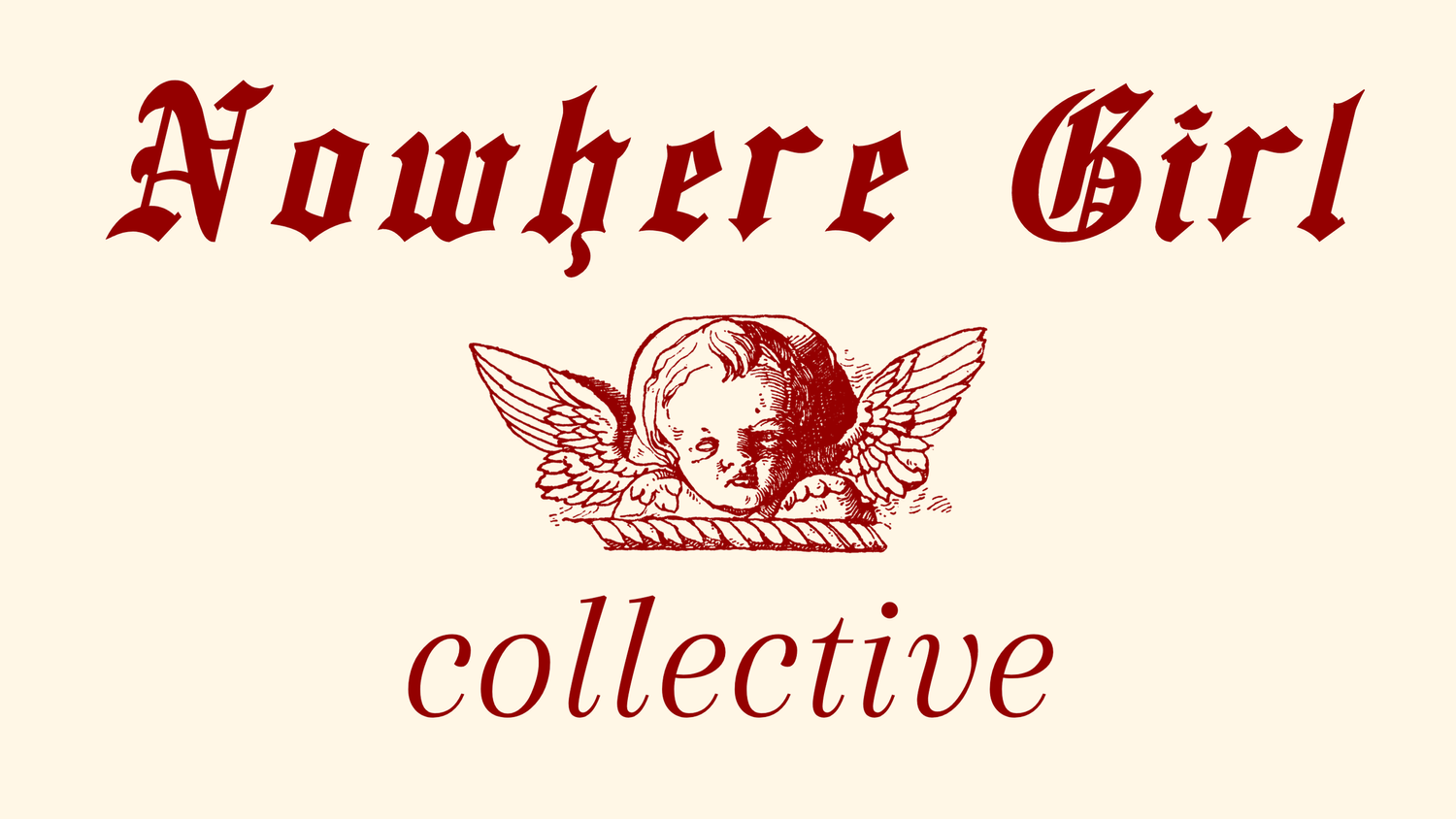VISIONS OF ANNIHILATION
It has become quite difficult to ascribe definite meaning to human-nature. Human-nature has long-lost its emphasis on being human, and we have long-lost our emphasis on becoming human. Capitalistic processes have castrated the individualistic desires of man, reducing humanity down to grotesque vignettes. In the name of production, capital strangles the body of infinite potential. Air (desire) escapes us. Man, who by nature is a vessel of excess, becomes a machine; thus, the act of becoming becomes obsolete. Humanity is not oblivious to their mutilation, for how could they be? Every time the castrato sings, is he not reminded of his condition? Excess compels us to sing, but we just vomit. It’s blindingly clear that man is sick and, like the sun, looking away is useless—closed eyelids still perceive the sun’s light as red, do they not? Repression induced sickness binds man to the land and, oh, how he yearns for the sea! We yearn for a state of fluidity where we know no bounds, not even the limits of our bodies. How, then, can one reach such a state of unfiltered euphoria? Annihilation. Annihilation is not solely death, it’s the will to nothingness; the deletion of all constraints. Our unconscious, free from the fangs of capital, screams for change. Caught in a cyclone of unconscious desire, we desire to be atomized; reduced to Zero. From Zero, a blank-energy state, anything—even the impossible—becomes possible. Zero is not an end to man, nor is it the genesis of a new man, rather, it’s the return of man. Man welcomes a reset to human-nature’s primordial bedrock, for it will be the conclusion to his greatest pursuit: the pursuit of annihilation. Indeed, man’s greatest achievement will be his own undoing.
The second law of thermodynamics states that in an isolated system (say, the universe), entropy—the measure of disorder—increases. Chaos is immense. Attempting to make sense of human history proves this as truth. Though man is an animal, he has gone to great lengths to deny his nature. Perhaps it’s not capital that has castrated man, but man himself. Man attempts to escape his animalistic desires and tendencies through utter negation, which finds its ultimate signifier in the existence of taboos. Yet, it’s the marking of an action as “taboo” that reiterates that fact that man’s nature is animalistic. The outlawed object arouses a desire to transgress. This isn’t because of a desire for the actual object, but from the prohibition attached to the object. A need for taboos derives from the need to uphold order. For a moment, consider the taboo against murder. Few doctrines are as engrained into society as that of “thou shalt not kill,” but the prohibitions on murder have not quenched man’s thirst for violence. It would be cartoonishly absurd for a murderer to plead ignorance to the taboo on murder. What then could drive an individual to such expulsions of violence, if not the desire to experience transcendence beyond moral boundaries? To flinch at violence and violence indicated by death means to be human (Camus, long ago, demonstrated that a man who does not cry as signs of death is, in fact, not human). Our primitive ancestors knew this as well, which is evidenced by their own taboos on death. Primitive men buried the dead as an act of protection. Burying the dead was a way to protect the corpse from further acts of violence caused by nature. Burying the dead was also a way to protect the living from death itself. Primitive man believed that the corpse carried the disease of death. Burying the dead was an attempt to establish prohibitions on death. Such prohibitions were an early attempt to deny man’s nature. When our ancestors gazed upon the dead, they gazed upon destiny. Man realized that life cannot make anything that death can’t undo. It gnawed at our ancestors that they could not circumvent destiny or the drive towards chaos, but that didn’t stop them from trying. God bless them for trying.
Human-nature is synonymous with denial. We can’t stand that our primordial nature is a part of us, so we try to suffocate it. What tortures us most is the discontinuity of our nature; we attempt to suffocate it by seeking continuity. The discrete fiber of our being is a curse. It pains us to be the One when we long to experience what it’s like to be the Other. Living, we cannot eradicate the barrier between discontinuity and continuity—only annihilation towards Zero permanently reunites man with continuity. Love, however, reminds man of what continuity feels like. When man embraces his lover, he does not question why he isn’t the one being held. For a moment, the two lovers are two discontinuous souls merged into one entity. Death and love are inseparable. La petite mort (or, the little death) is the pinnacle of romantic expulsion where, for brief moments, man transcends beyond the limitations of their discrete being, and experience an overwhelming sense of euphoria. Man, though terrified of death, finds substantial reward in its essence. Love, like Zero, presents itself as a vessel for transcendence beyond all restraints. Indeed, at its extreme, the drive towards love is the same as the drive towards annihilation. Love, chaos, and Zero are immense, resulting in man’s undoing. Who has the courage to face man’s unfiltered primordial nature? Certainly not man himself. Truly, nothing pains him greater than being reminded of what he’s lost and who he is.
Luis Cruz, 18, Washington - USA ✯ IG: @OkayLui
“coldness be my god”
